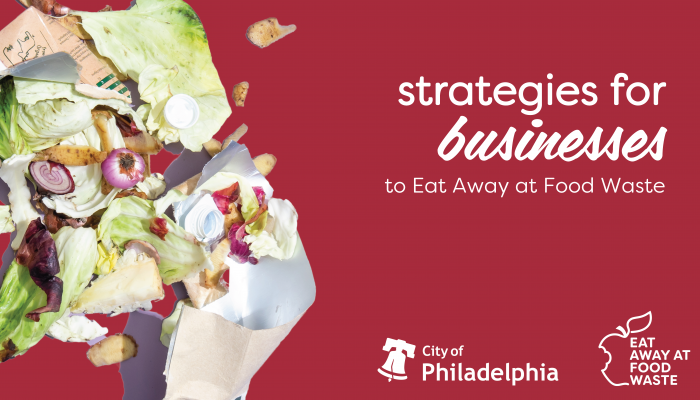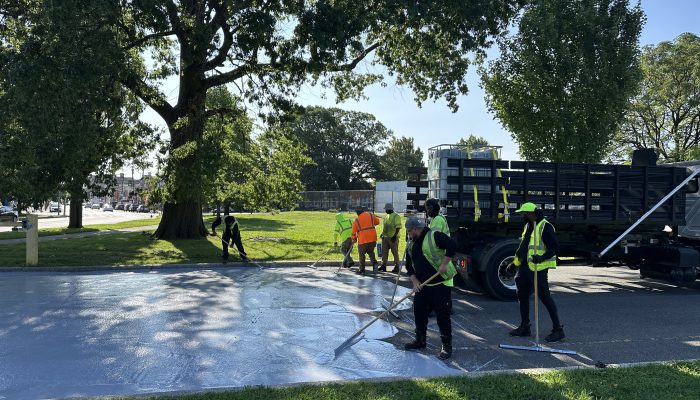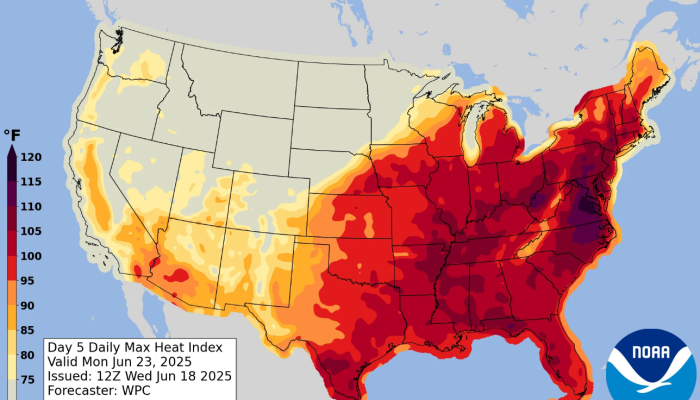Businesses and institutions in Philadelphia can take steps to reduce wasted food created by their guests and staff. In some cases, your organization might be subject to policies and regulations related to disposing of wasted food, or can benefit from certain programs from the City that will help you reduce food waste before it’s created.
Prevent food waste
You can prevent food waste before it’s created. Here are steps your business can take to reduce and repurpose food waste:
Measure food waste
- Create a food waste inventory to identify when, where, and how much food was wasted. The Office of Sustainability designed a waste generation calculator to help you get started, but you can always reach out to us for more help.
- Conduct waste audits yourself or with a waste consultant.
- Set hard targets for waste reduction (like: reduce pre-consumer food waste by 50%) and measure your progress over time.
Rethink purchasing practices
- Compare purchasing practices with your waste inventory to inform future orders and prevent waste.
- Buy imperfect or blemished foods.
- Pay attention to the seasonality of produce.
Reduce consumption and waste
- Cook to order rather than batch cooking.
- Store food properly to avoid spoilage and use the “first-in, first-out” method.
- Evaluate and adjust portion sizes when customers often leave uneaten food on their plates.
- Cut produce more efficiently to use all parts of the item.
Repurpose extra food
- Use leftover ingredients or food scraps in a creative way to avoid waste.
- Create a zero waste special using leftover food.
Donate Excess Food
After taking steps to reduce wasted food, you should try to donate any leftover food. That way, you can share edible foods that you cannot sell.
A few things to consider:
- Legal protections and tax credits: Businesses and nonprofits that donate or distribute donated food are generally well-protected from legal burdens related to donation (such as the Bill Emerson Good Samaritan Act). Also, your donation may be eligible for a tax credit.
- Food rescue organizations: You can donate small and large amounts of food through local food rescue organizations. Not sure where to start? Use the recycling and donation finder to get connected with a local food rescue organization.
If your food is not fit to donate, you can send food scraps to a facility that treats the scraps before using them in animal feed.
Manage food waste
Don’t throw those scraps and spoiled items in the trash! Instead, compost them or use your garbage disposal.
Compost food scraps and spoiled food
Composting can happen at the household, community, or commercial scale. These processes all use food scraps to create compost, which enriches soil nutrients and increases soil health. Composting can support local gardens from which you can source produce used at your business.
- Reach out to farms and gardens in your community to talk about partnerships that will support your shared food waste goals.
- Set up a contract to have your food scraps managed by a commercial-scale composting facility. Communicate with them to understand what you can and can’t compost. Use a separate bin or designated composting dumpster for your compost in agreement with your food scraps hauler.
Not sure where to start? Review Philadelphia disposal, recycling & donation options to find a composting company.
Use a garbage disposal
Food establishments that produce grindable food waste are required to properly recycle it. When there are no other options for reducing or diverting grindable food waste, Philadelphia Ordinance 10-722 states:
- You must dispose of grindable food waste using an in-sink garbage disposal/grinder.
- You cannot dispose of grindable food waste with other trash.
Download our quick-reference sheet or comprehensive guide with tips on how businesses can reduce, donate and dispose of grindable food waste.
Dos and don’ts of using your in-sink garbage disposal
- Do dispose of fruits, vegetables, small bones, peels, and pre- and post-consumer leftovers through in-sink garbage disposals.
- Don’t put fats, oils, and/or grease down the drain.
You can put any food items that are not suitable for a garbage disposal in the regular trash.
Need inspiration?
Here are two recent initiatives the Office of Sustainability created to help businesses prevent and reduce food waste.
Food Waste Business Challenge
From November 2021 to April 2022, the Office of Sustainability piloted the Food Waste Business Challenge. Ten Philadelphia businesses partnered with the City to receive one-on-one consulting to begin new or scale-up existing strategies to reduce wasted food. The businesses used several tools to track their waste generation. View their tools and learn about their waste-reducing strategies on the Food Waste Business Challenge website.
Zero Waste Guide for Foodservice Establishments
Learn how to implement zero waste practices at a restaurant or foodservice establishment, in compliance with City health codes and regulations. The Zero Waste Guide for Foodservice Establishments includes information about waste prevention, food donation, and food composting.




